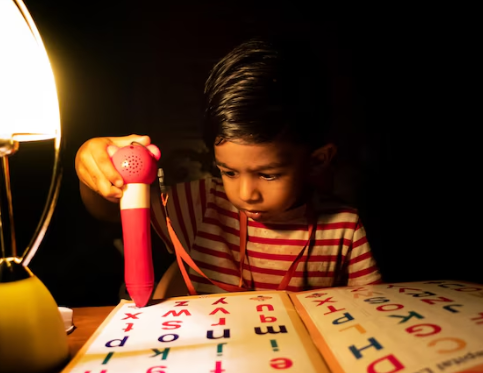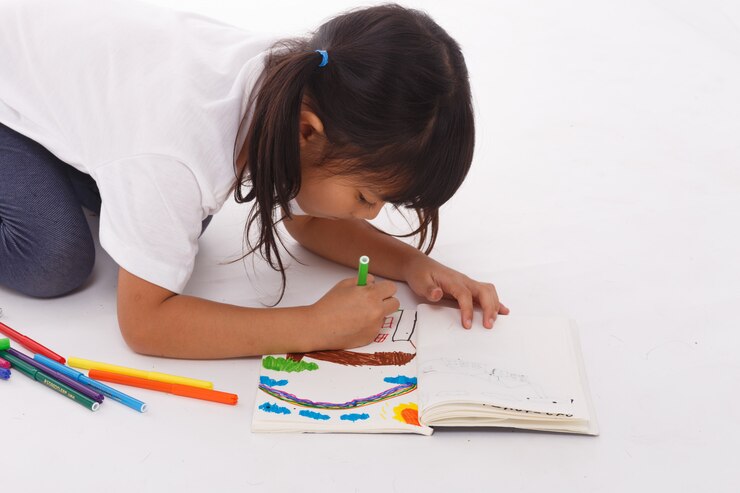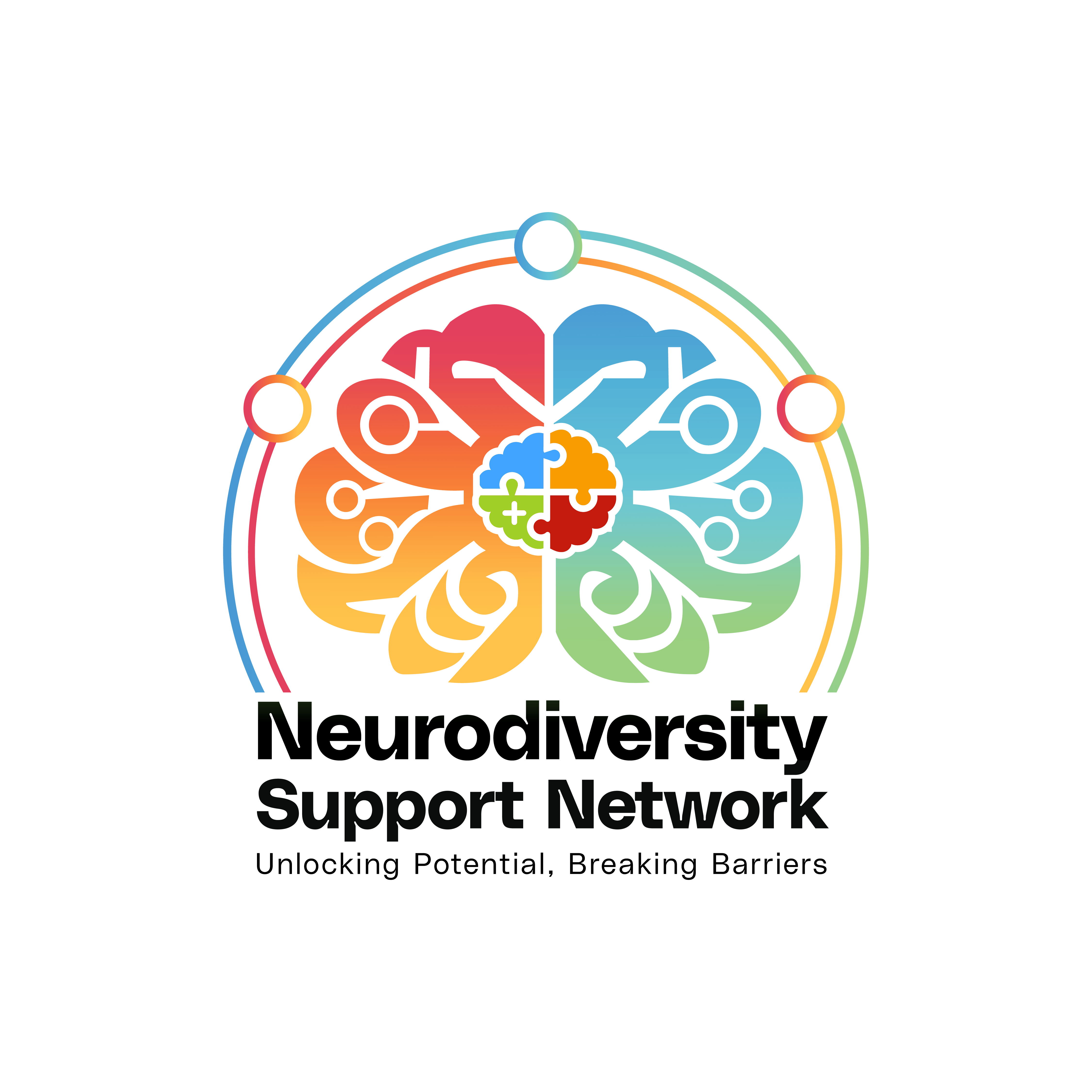Dyslexia

Dyslexia is a common learning difference that primarily affects reading, writing, and spelling skills. It is not linked to intelligence but rather to how the brain processes language, making it difficult to recognise words, decode text, and retain spelling patterns. Individuals with dyslexia may struggle with reading fluency, comprehension, and verbal memory, often needing more time to process written information.
While dyslexia presents challenges in traditional learning environments, early intervention, tailored teaching strategies, and assistive technology can significantly enhance literacy skills, enabling individuals to build confidence and achieve academic and professional success.

Signs in Early Childhood/Early Years Schooling
Trouble Learning Letters and Sounds
Difficulty remembering the alphabet or matching letters to sounds.
Mispronounces Words
May mix up sounds in words (e.g., "beddy tear" instead of "teddy bear").
Struggles with Rhyming
Finds it hard to recognize or produce rhymes.
Late Talking
Begins speaking later than peers or has trouble building vocabulary.
Difficulty Learning Colours, Numbers, or Days
Struggles to remember simple sequences or concepts.
Signs in School-Aged Children
Slow Reading
Reads at a much slower pace than classmates.
Frequent Reading Errors
Mixes up letters (like “b” and “d”) or skips words while reading.
Spelling Challenges
Misspells even simple words and struggles with remembering spelling rules.
Avoids Reading Aloud
Feels anxious or embarrassed to read in front of others.
Poor Reading Comprehension
Has trouble understanding or remembering what they just read.
Difficulty with Writing
Struggles to write neatly, organize thoughts, or spell correctly.


Signs in School-Aged Children
Slow Reading
Reads at a much slower pace than classmates.
Frequent Reading Errors
Mixes up letters (like “b” and “d”) or skips words while reading.
Spelling Challenges
Misspells even simple words and struggles with remembering spelling rules.
Avoids Reading Aloud
Feels anxious or embarrassed to read in front of others.
Poor Reading Comprehension
Has trouble understanding or remembering what they just read.
Difficulty with Writing
Struggles to write neatly, organize thoughts, or spell correctly.

Signs in Everyday Activities
Trouble Following Directions
Difficulty remembering multi-step instructions.
Avoids Reading or Writing
Prefers activities that don’t involve these tasks.
Challenges with Left and Right
Confuses directions or has poor spatial awareness.
Low Confidence in School
May feel frustrated or avoid schoolwork altogether.

How It Can Look in Girls
Better at Masking
Girls might work harder to hide their struggles, making dyslexia less obvious.
Stronger Verbal Skills
Girls may use strong memory or speaking skills to compensate for reading difficulties.
Emotionally Sensitive
More likely to feel anxious or self-critical about school performance.

